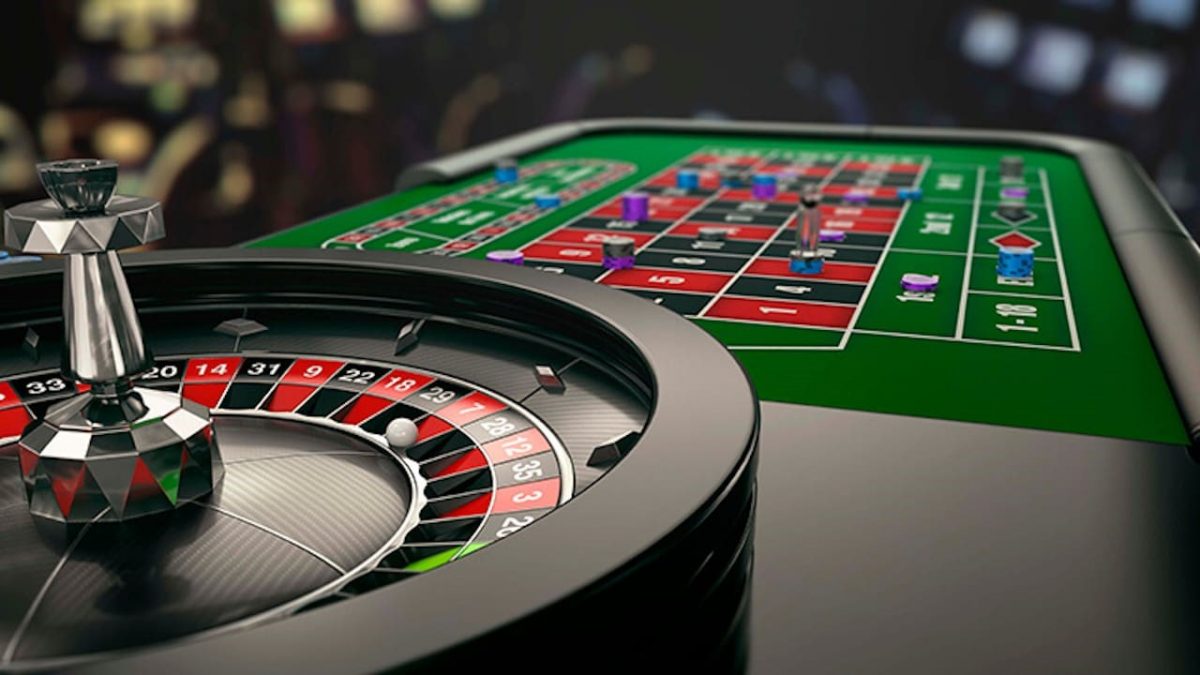
Casino activities have enthralled enthusiasts for decades, drawing them into a world of thrill, luck, and fortune. From the flashing lights of slot machines to the strategic action of poker games, these activities offer a unique blend of fun and exposure. However, below the shiny exterior of this glamour and finesse lies a sophisticated interplay of math that influences every result and decision made within the gaming hall.
Comprehending this connection between casino games and numerical principles not just enhances the playing experience but also can help gamblers make wise decisions. Whether you are a recreational player or a dedicated enthusiast, recognizing the math concepts at play can provide valuable knowledge into likelihood, probabilities, and strategies, ultimately influencing how one approaches these games of chance.
Statistical Probability in Betting
In the world of casino activities, mathematical probability plays a critical role in determining outcomes and informing player choices. Every game has a unique set of regulations and a particular likelihood framework that affects its dynamics. For example, in activities like roulette, players must understand the chances of choosing a certain number or color. The likelihood of certain occurrences happening can be computed, and this understanding can substantially affect betting tactics.
Gambers also need to be aware of the house advantage, which is the mathematical benefit that casinos hold over players in the long run. This edge differs across various games. In blackjack, expert players can use strategies to minimize the casino edge to as low as 1 %, while in activities like slots, the house advantage can be substantially larger. Comprehending the casino advantage allows players to make educated decisions about which activities to play and how much to wager.
Moreover, probability is fundamental in the principle of risk versus reward in gambling. Each wager carries a specific danger factor, and players must evaluate the possible return against that risk. Activities like the poker game require players to not only compute the chances of their personal hand winning but also to evaluate the likelihoods of their opponents’ hands. By utilizing mathematical concepts to their gameplay, gamblers can boost their odds of success and participate more strategically in the thrilling realm of casino activities.
Expected Value in Gambling Games
When discussing casino games, one of the fundamental ideas rooted in mathematics is the expected worth. This numerical measure helps players understand the possible results of their wagers over time. In simple terms, expected worth (EV) calculates the average amount a gambler can anticipate to win or lose per wager if they were to play the activity many times. Each game has its unique EV, influenced by the odds and the casino advantage, which signifies the benefit that the casino holds.
For example, think of a game like roulette. The expected worth can be derived based on the particular bet placed. If a gambler bets on a single number, the payout is 35 to 1, but the actual odds of success that bet are 1 in 37 (in European roulette). This leads in a detrimental anticipated worth, showing that, on average, gamblers will lose money over a period when playing this type of wager. Understanding this idea allows players to make more informed choices about which games and wagers may be less advantageous.
Additionally, the investigation of anticipated worth can lead to better money management. Gamblers who comprehend the mathematics behind their games are often able to set realistic expectations. By acknowledging their possible deficits and gains, they can adjust their playing strategies accordingly, which may improve their overall gaming experience. As a result, expected worth serves as a crucial resource for both novice and experienced gamblers to navigate the frequently unpredictable character of casino activities.
Tactics and Chances: The Arithmetic Behind Winning
In casino games, understanding the probabilities is crucial for gamblers attempting to enhance their likelihood of winning. Each contest has its own unique set of chances that dictate winning results, and these numbers are often found in the rules of the game rules or payout tables. For instance, in activities like blackjack, gamblers can improve their odds through strategies such as counting cards, which is based on math principles to gain an advantage over the establishment. By acquainting themselves with the chances, gamblers can make more educated decisions on when to place bets and when to give up.
Furthermore, the principle of expected outcome has a critical part in gaming tactics. Expected value determines the average outcome of a stake over a period, allowing gamblers to judge whether a particular bet is justifiable taking. For instance, fruit machines have a specific return percentage, which can suggest the expected profit a player can expect on their bets. non GamStop sportsbook By opting for games with better expected values, participants can minimize the house edge, enhancing their potential returns in the long run.
Lastly, successful gamblers often adopt a combination of luck and mathematical strategy to improve their gaming experience. While chance can’t be controlled, managing a staking plan based on mathematical insights can lead to more favorable outcomes. By utilizing techniques such as budgeting and choosing games, participants can apply math to navigate the unpredictable nature of gaming, making the most of their efforts and resources at the tables.



